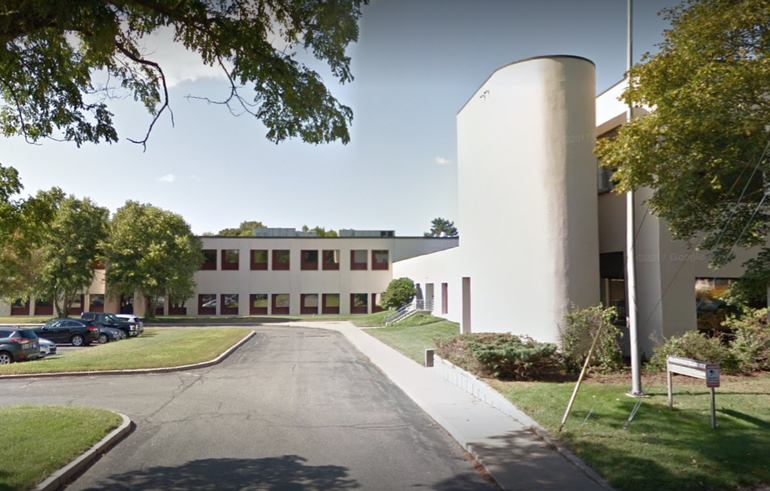The seven-decade-old Framingham Heart Study has been renewed for another six years with $38 million in new funding from the National Heart, Lung & Blood Institute.
The contract from the division of the National Institutes of Health and the U.S. Department of Health & Human Services will support examining the elderly groups of the long-running cohort study starting later this year with the goal of better understanding the biology of aging, determinants of health and disease in older people and examining younger generations.
The Boston University School of Medicine, which has a professor as the study’s principal investigator, announced the funding last week.
As the number of Americans over the age of 65 are increasing, comprehensive studies of the aging population are invaluable, said Vasan Ramachandran, principal investigator and Boston University director of the FHS and professor of medicine at Boston University School of Medicine.
”The opportunity to perform comprehensive analysis of phenotypic abnormalities in older individuals using state-of-the-art scientific technology is unparalleled,” Ramachandran said. “Serial follow-up of the younger cohorts will also yield critical insights into the development of cardiovascular disease over the life course.”
In its seven decades, the FHS has been responsible for numerous research breakthroughs, including smoking’s contribution to heart disease risk in 1960, identifying fundamental risk factors for heart disease in 1961, the benefit of physical activity and the risk posed by obesity with regard to heart disease in 1967, heightened stroke risk from high blood pressure in 1970; and the importance of so-called good cholesterol in reducing death risk in 1988.
“Now 70 years later, researchers are studying the children and grandchildren of those original participants which has led to groundbreaking discoveries in other domains including neurodegenerative diseases, obesity, lung abnormalities and pulmonary fibrosis,” Boston University said in a statement.
According to the FHS, there is evidence parental occurrence of heart disease or stroke by age 65 increased the risk of heart disease and stroke up to three times as much in their children.

